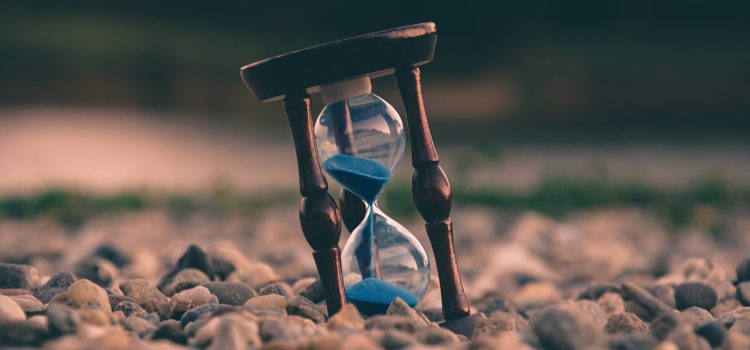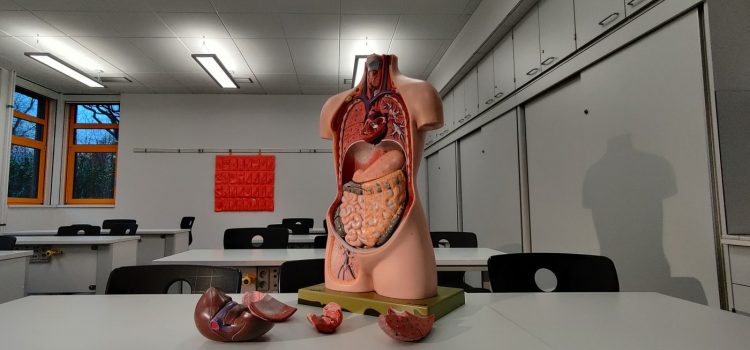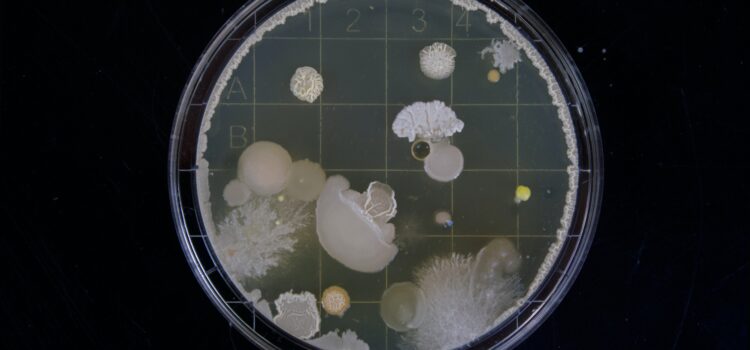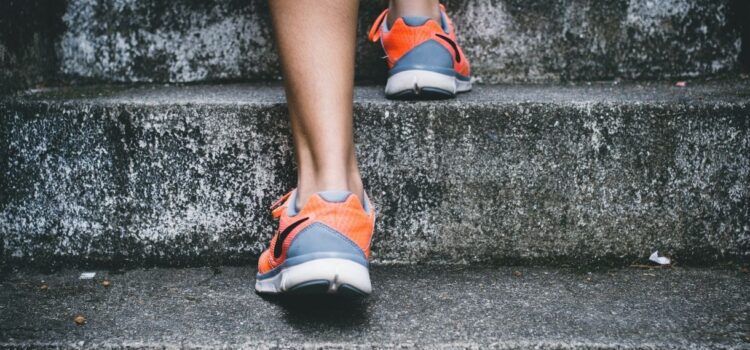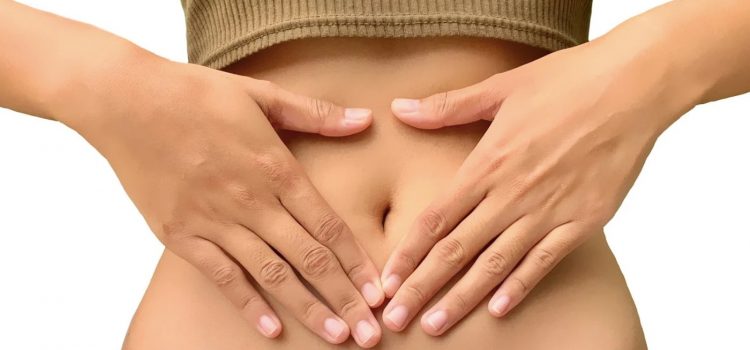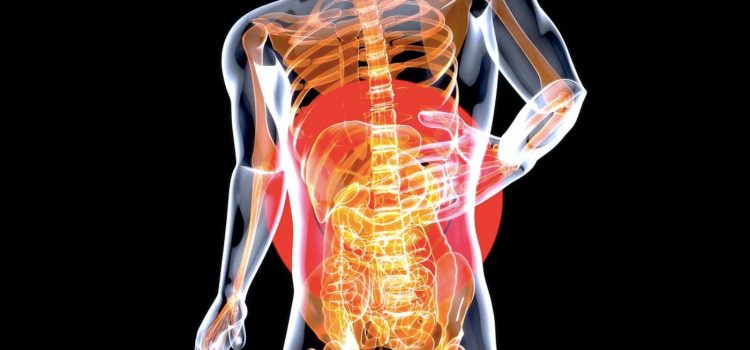Is aging an incurable disease? Or can aging be treated? Scientists are moving to the idea that aging is not, in fact, an inevitable doom that we’ve so far believed it to be. Rather, aging is a treatable disease. Biologist David Sinclair suggests a number of different ways to treat aging, either by delaying the symptoms or (in some cases) actually reversing the damage. Here’s how to reverse aging, according to David Sinclair.
David Sinclair: How to Reverse Aging & Extend Lifespan
